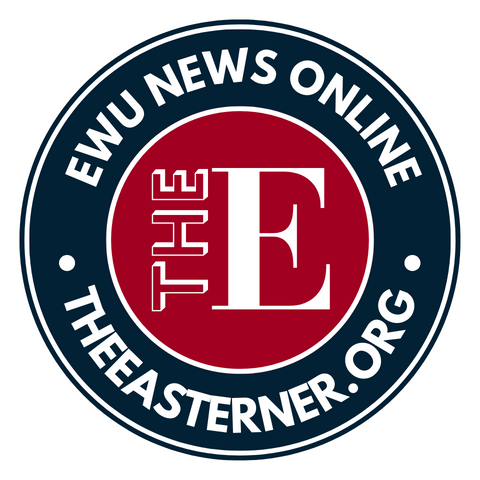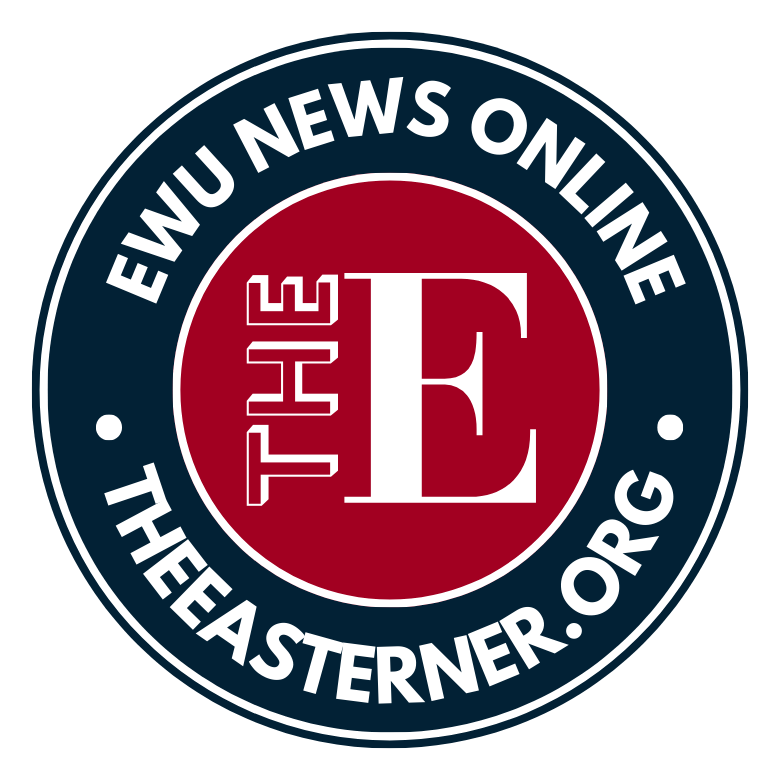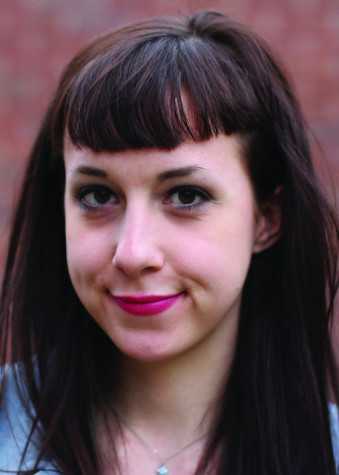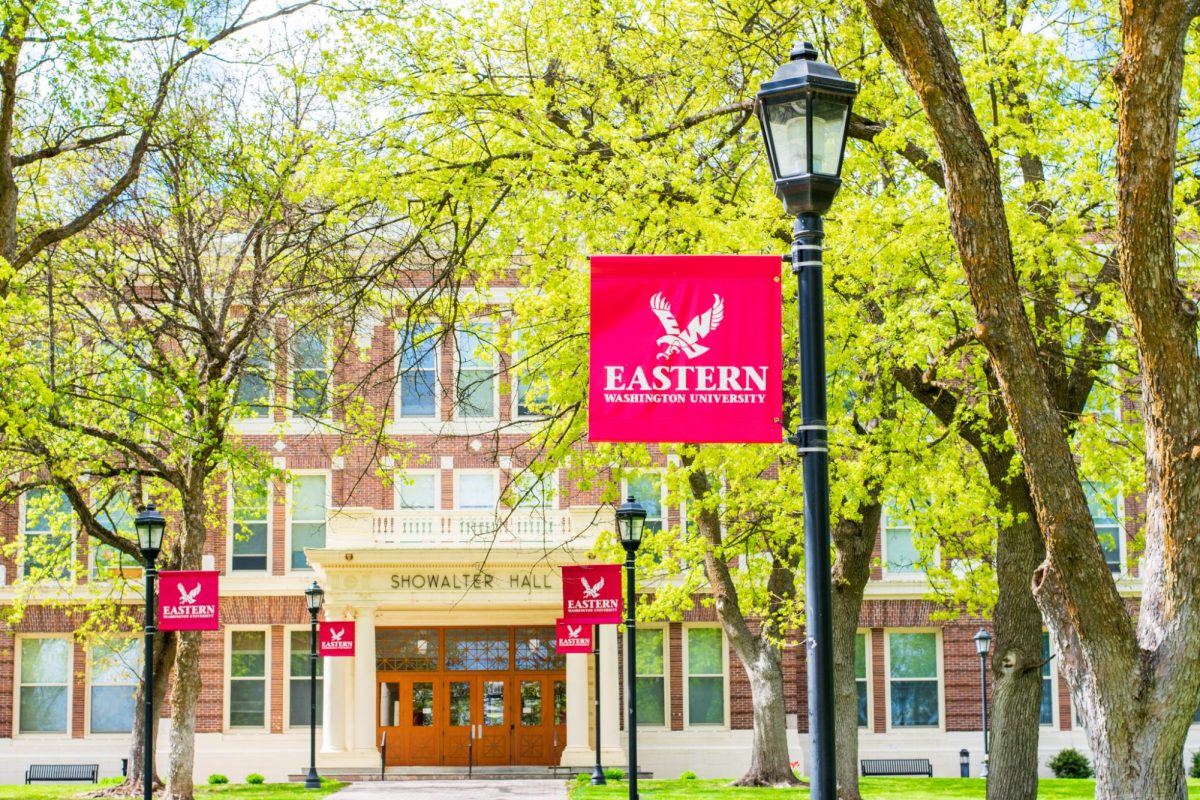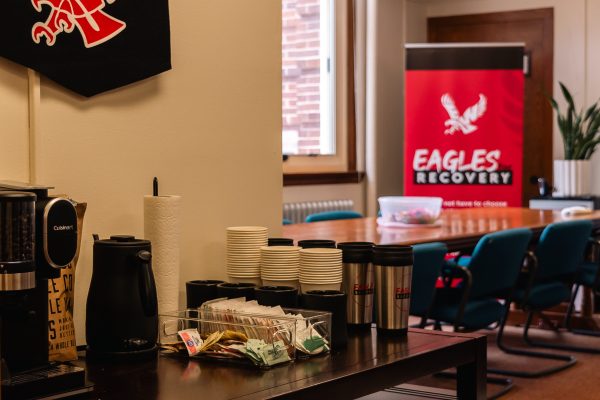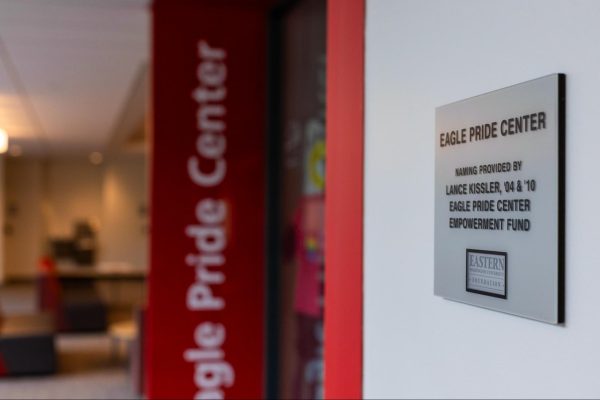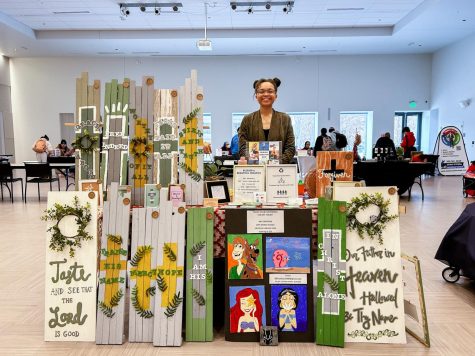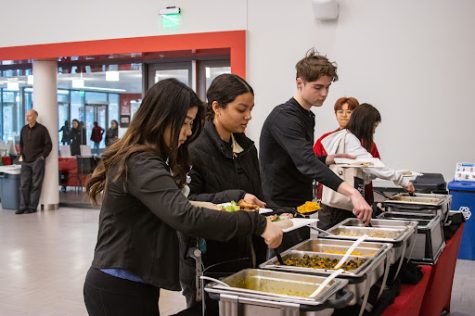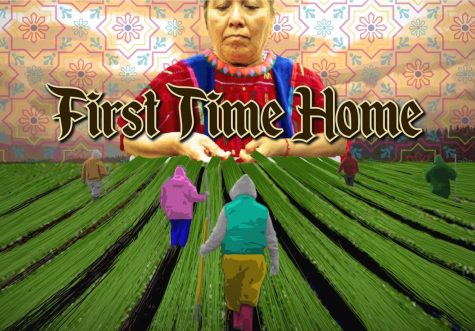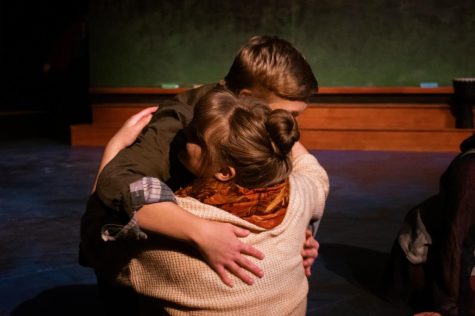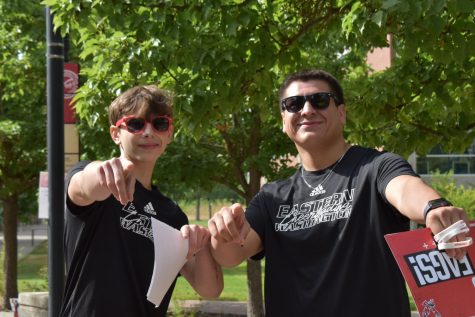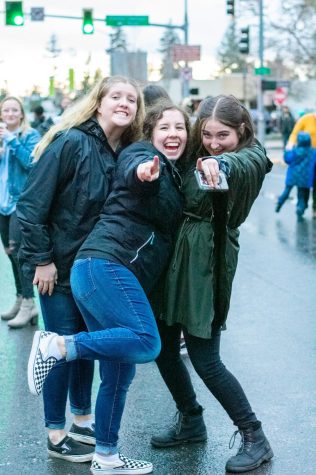Center helps youth overcome adversity
April 27, 2013
Excelsior partners with Comcast for event
Excelsior Youth Center will take part in Comcast Cares Day on April 27, inviting over 200 community volunteers to assist with projects around the youth center campus to “Make Change Happen.”
Excelsior Youth Center in Spokane is a non-profit facility which has offered holistic behavioral health services to at-risk youth through residential and outpatient treatment programs since 1982. The 55,000 square foot facility sits amidst 34 acres in North Spokane and houses approximately 45 residents at a time as well as outpatient clients.
Programs offered at the center include therapeutic foster care, a chemical dependency treatment program and an on-site accredited junior-senior high school. The staff includes many EWU alumni, including residential director Andrew Hill, who received his master’s degree in mental health counseling from EWU; Scott Davis, director of chemical dependency services at Excelsior and fellow EWU alumnus; and several interns, practicum and work study students from the university.
“We’re very lucky to have that connection to schools [in terms of practicums and internships] because if we didn’t get those students we wouldn’t be able to do what we do for these kids,” he said.
According to the Comcast Cares web site and a press release provided by the center, projects this year will include landscaping the front entrance, building picnic tables and stairs, painting the school, improving the infield of the baseball field, digging a 100-yard trench to provide lighting in the front entrance of the campus for returning youth and general grounds work. The event will take place at the youth center campus from 7:30 a.m. to noon.
Hill, Davis and Bryan Stanfill, clinical director at the center, each said that as a nonprofit organization, change to the center depends upon community events such as Comcast Cares Day to help them succeed.
“The emotional benefit to our clients and staff is an intangible, but valuable, asset,” Stanfill said. “Efforts to increase functionality and beautify our facilities will have a direct daily impact on the activities of our youth and their families by improving therapeutic, recreational and interpersonal resources.”
At last year’s community volunteer event for the youth center, community members and staff built a sand volleyball court, which Hill said has been a huge success for the residents.
Julie Hurst, administrative assistant at the Spokane Comcast office on Buckeye and coordinator of the Comcast Cares Day in Spokane, said Comcast employee volunteers hope their efforts will have a positive impact on the residents’ and clients’ lives.
“This is a great chance to make change happen for the better. These boys and young men have had enough challenges in their lives; they need the community to rally around them,” Hurst said. “When you volunteer, you have the satisfaction of making someone’s life better. That’s such a satisfying feeling.”
“We’ve got a group of adolescents here who just have a really wide range of difficulties,” Hill said. “The majority of our clients have experience with home drama and that has played out in emotional and behavioral problems … You hear people talk about youth as being at risk. Here at Excelsior, we’re serving the youth that the risks [have already happened to].”
Hill explained that a client’s history may include physical and sexual abuse, prenatal exposure to toxins such as drugs or alcohol, witnessing gang or domestic violence or losing a loved one. These experiences, Hill said, are linked to their current behavioral or emotional problems. At the center, one of the major objectives is to help the clients recover and become healthier members of society and contributing members of family units.
According to Hill, one of the most rewarding aspects of the extensive work the Excelsior staff does is the opportunity they have to watch the kids develop and heal. He said they refer to their work as planting seeds.
“We don’t have any built in sort of measure [to see how much progress] we’ve had with the kids but sometimes you see it, and sometimes it’s a phone call several years later saying, ‘I’m in a healthy family now and I’m doing good and I contribute a lot of that success to you guys.’…We’ve got staff who have been here for 30 years and those calls are what keep them going everyday,” Hill said. “So a lot of the most difficult part is also the most rewarding part.”
